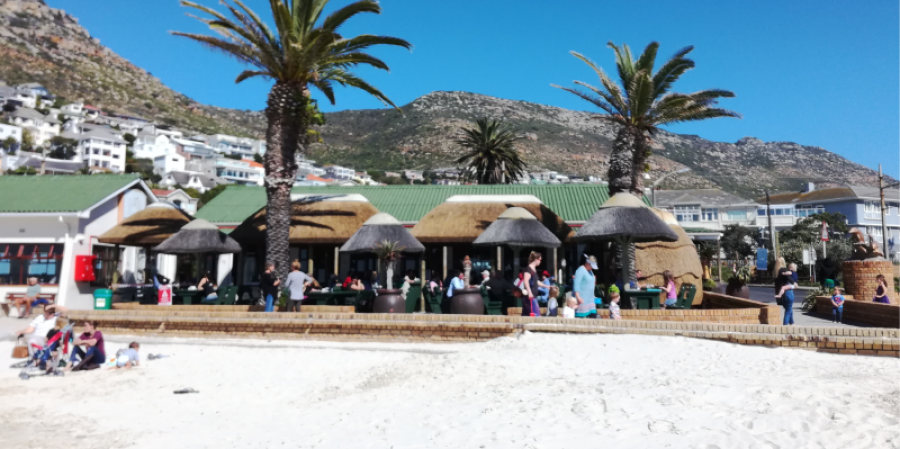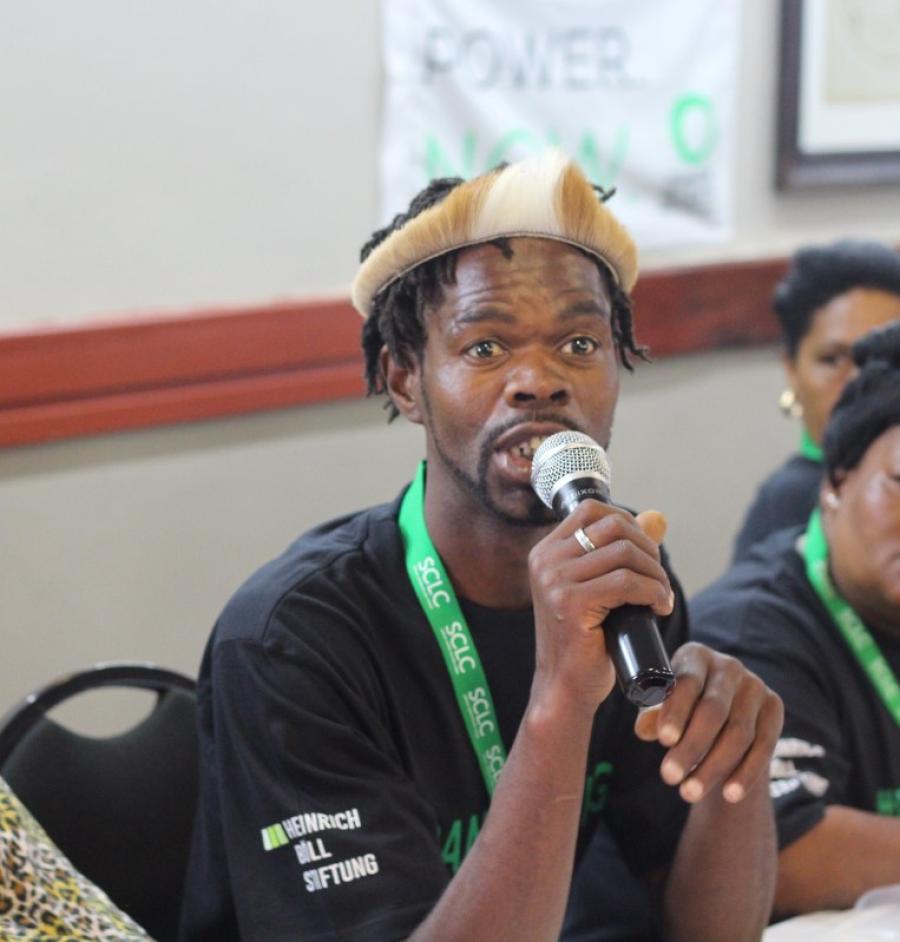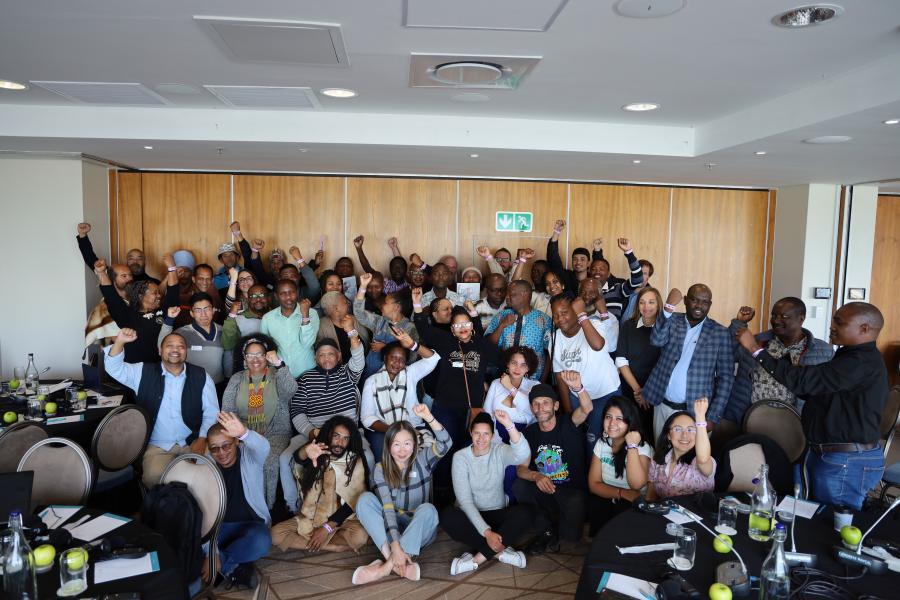Indigenous representatives from different parts of the world are meeting in Durban, South Africa from November 28 to December 9 for the 17th Conference of the Parties (COP17) to the United Nations Framework Convention on Climate Change (UNFCCC), to take a stand and claim their rights. Grouped together in the International Indigenous Peoples Forum on Climate Change (IIPFCC), the various delegations posed a second period of the Kyoto Protocol (2013-1010) to the COP, and posed that this be legally binding for all countries. This agreement, they set out, must include measures that ensure full and effective participation of Indigenous Peoples. In order to do this they say, a show of the political will of governments is urgent; in principle this could be considered and observed in the cancellation of extraction megaprojects in Indigenous territories. The goal here is to stop - and eventually reverse - the destruction of nature, or ‘Mother Earth.’
Some issues on which Indigenous people are focusing their energies on lobbying are the continuation of the Kyoto Protocol, the administration of the Green Fund, and REDD (Reducing Emissions from Deforestation and Forest Degradation) programs. However, the IIPFCC describes the current negotiations as complex and the outlook bleak. It does not seem that a second period of the Kyoto Protocol is possible, given that developed nations oppose the development of a binding agreement and pose a voluntary agreement to reduce greenhouse gases instead. This is not the only issue being raised by Indigenous delegates at the Conference
According to the IIPFCC, since deforestation is a major factor in the climate crisis, financial compensation should be provided to those who are not already major contributors. They argue that the focus on carbon in REDD policy promotes the establishment of monoculture tree plantations, including those that are genetically modified, and ignores the social and cultural values of forests, leading to a serious risk of biodiversity in Indigenous territories. They state that REDD threatens the survival of Indigenous Peoples and denounce the hypocrisy of the program. Jose Antonio Medina, President of the Indigenous Tourism Network of Mexico states, “No one is speaking of the people, they are talking about biodiversity, no one is speaking of Indigenous peoples, their structures, ways of living and organizing themselves, of their traditional farming systems, of their traditional medicine: that is, all this knowledge of Indigenous peoples is not being considered in the plans regarding climate change.” The REDD formula does not include these types of Indigenous knowledge. From the perspective of the International Indigenous Peoples Forum, solutions posed by governments and international NGOs to address the effects of climate change continue based on market logic, and are new forms of economic geopolitics that threaten indigenous rights. These rights are guaranteed by numerous international instruments - such as the United Nations Declaration on the Rights of Indigenous Peoples - as well as threaten the livelihoods of their peoples.
Indigenous delegates are demanding recognition and respect of their knowledge and rights. They ask that the COP17 guarantee the full and effective participation of Indigenous Peoples at all levels in their agreements, and that they establish a group of experts from Indigenous populations as part of the Kyoto Protocol, responsible for monitoring the commitments made at the Conference. Thus, this first intense week for Indigenous delegates comes to an end in South Africa. These people maintain that within the resolutions to be arrived at in Durban, respect for Indigenous rights as set out by international norms and obligations, must be taken into account.
Source: NotiWayuu.


